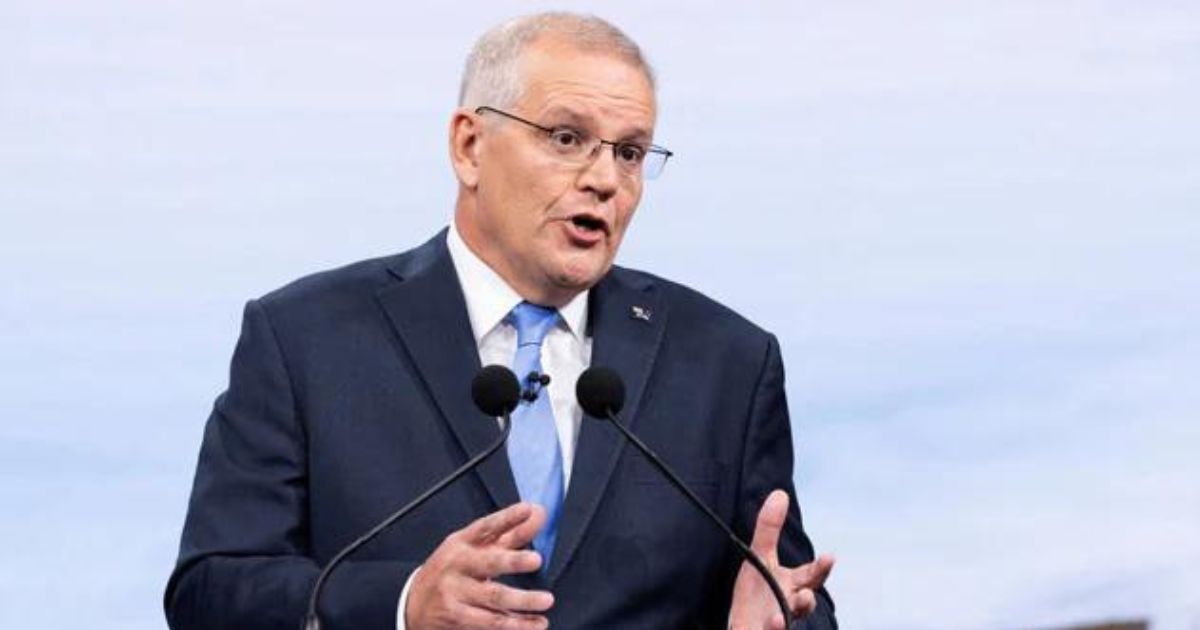Congressman Paul D. Tonko (D-NY) has ignited debate with the introduction of the “Betting on Our Future Act,” a bill aimed at banning online and electronic advertising of sports gambling in the United States. Tonko’s proposed legislation unveiled just before the Super Bowl, is motivated by concerns for the younger demographic.
In his statement introducing the bill, Tonko emphasized the potential risks posed by such advertisements, particularly to adolescents and young adults who may be unaware of the dangers associated with gambling.
Drawing parallels to the Public Health Cigarette Smoking Act of 1969, which prohibited tobacco advertising, Tonko underscores the need to regulate the promotion of sports betting platforms to safeguard vulnerable populations.
Tonko’s initiative comes amid a surge in the popularity of sports betting, with a Pew Research poll revealing that 20% of American adults engaged in sports betting in 2022. However, Tonko also highlights a concerning trend in the increase of calls to the National Problem Gambling Helpline Network, signaling a potential rise in gambling-related issues.
While he does not specify the extent to which sports betting contributes to this increase, Tonko suggests that the expansion of legal sports betting may exacerbate problem gambling behaviors, fueled by unrealistic expectations of financial gain.
Betting on Our Future Act
The “Betting on Our Future Act” was introduced in the U.S. House of Representatives on February 9 and subsequently referred to the House Committee on Energy and Commerce. On February 17, the bill was forwarded to the Subcommittee on Communications and Technology, marking the latest development in its legislative journey.
However, Tonko’s proposal has faced opposition from industry stakeholders, most notably the American Gaming Association (AGA). Chris Cylke, Senior Vice President of the AGA, vehemently opposes any legislation seeking to restrict casino gaming advertising, including advertisements for legal sports betting.
Cylke argues that such restrictions would hinder consumer awareness of legal sports betting options in the U.S., potentially driving individuals towards unregulated, offshore sportsbooks.
Furthermore, Cylke contends that banning advertising infringes upon free speech protections and undermines the expertise of state and tribal gaming regulators. Instead, he advocates for congressional action targeting offshore illegal gambling markets, which lack responsible gaming measures and problem gambling resources.
In defense of the gaming industry’s commitment to responsible gaming, Cylke highlights the AGA’s “Responsible Marketing Code for Sports Wagering.” This industry-wide initiative, overseen by the Code Compliance Review Board, aims to establish standards for marketing and advertising practices.
Recent updates to the code include the prohibition of “risk-free” advertising and enhanced protections for college students, reflecting ongoing efforts to promote responsible gambling practices.
As the debate surrounding the “Betting on Our Future Act” continues, stakeholders on both sides advocate for policies that balance consumer protection with industry interests.
With the rise of sports betting and its potential implications for public health, the need for comprehensive regulatory frameworks remains a pressing concern for legislators and industry leaders alike.








Leave a Reply
You must be logged in to post a comment.